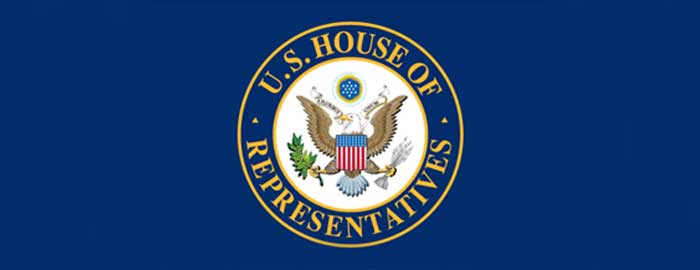The International Association of Plumbing and Mechanical Officials (IAPMO®), publisher of the American National Standard Uniform Codes, enthusiastically applauds the U.S. House of Representatives for passing the Infrastructure Investment and Jobs Act of 2021, bipartisan legislation that makes vital investments in the nation’s infrastructure, including funding for water and sanitation, roads and bridges, rail, transit, ports, airports, electric grid, broadband and other priorities. The legislation provides $944 billion in total spending over five years, totaling $550 billion in new spending, and represents a significant infusion of federal funding for U.S. public works across numerous industries.
Up to 10 million American households and 400,000 schools and childcare centers lack safe drinking water. This new legislation invests $55 billion to expand access to clean drinking water for households, businesses, schools, and childcare centers across the country. From rural towns to struggling cities, the legislation will invest in water infrastructure and eliminate lead service pipes, including in tribal nations and disadvantaged communities.
“Access to clean drinking water and safe sanitation is a basic human right that the plumbing industry strives every day to make a reality,” said IAPMO Executive Vice President for Government Relations Dain Hansen. “Included in this bill is funding for new and existing programs that will help us to provide life-changing services to communities who need it most.”
Among the items supported by IAPMO, the legislation includes:
- Lead in Drinking Water: Authorizes $200 million in funding to address lead in school drinking water systems. It also includes $11.73 billion for projects directly connected to the identification, planning, design and replacement of lead service lines.
- Water Reuse: Includes $1 billion in funding for Western water recycling programs and approximately $48 million for national water reuse programs. It also requires the U.S. EPA to facilitate sharing of information between stakeholders by creating a water data sharing pilot program and directs the agency to create a Water Reuse Interagency Working Group.
- Water Filters for Disadvantaged Communities: Authorizes $510 million in funding for the Assistance for Small and Disadvantaged Communities Drinking Water Grant Program, which helps public water systems in underserved and disadvantaged communities meet Safe Drinking Water Act requirements. The bill includes language that allows for the purchase of certified point-of-entry or point-of-use filters and filtration that will help to remove harmful drinking water contaminants
- Decentralized Waste Systems for Low Income Households: Creates a new $250 million grant program for the construction of individual and cluster household decentralized wastewater systems for low-income households. This new program is critical to bringing safe sanitation to the 2 million Americans who don’t have access to clean drinking water and a toilet in their homes.
- New sanitation facilities for Native American Communities: Provides $3.5 billion in funding to the Indian Health Services for construction of safe water, wastewater, and solid waste systems. This represents an unprecedented investment in IHS sanitation that will help resolve the current backlog of projects.
- Per- and Polyfluoroalkyl Substances (PFAS) Contamination: Includes $10 billion to clean up the toxic “forever chemicals” known as PFAS. This dedicated funding for PFAS includes:
- $5 billion to help small and disadvantaged communities address PFAS in drinking water
- $4 billion to help drinking water utilities remove PFAS from drinking water supplies or connect well owners to local water systems
- $1 billion to help wastewater utilities address PFAS in wastewater discharges
- WaterSMART Grants: Includes $400 million for the Bureau of Reclamation's WaterSMART program, with $100 million of the funds going toward improving existing nature-based projects. WaterSMART projects help increase water efficiency and supply by modernizing and restoring existing infrastructure.
- Disaster Resilience: Provides $1 billion over five years ($200 million per year) for the Building Resilient Infrastructure and Communities (BRIC) Program, which supports pre-disaster and hazard mitigation activities, including building code updates, undertaken by states and local communities.
- Low Income Water Assistance Pilot Program: Directs EPA to launch a pilot grant program to address water affordability. The pilot program will award grants to eligible entities to develop programs to assist low-income households with maintaining access to drinking water and wastewater treatment. Assistance could include discounted rates or direct financial support to households or debt relief to water system owners or operators.
IAPMO, through its charitable arm IWSH, has been actively working to expand access to water and sanitation systems in the United States. Wastewater infrastructure in the communities where IWSH works is either failing, inadequate, or non-existent. This leads to the perpetual presence of wastewater in and around homes and takes a significant toll on individuals' mental and physical health. Through IWSH projects in Alabama, Arizona, New Mexico and Texas, The IAPMO Group is working to ensure communities have adequate sanitation in order to break cycles of poverty and marginalization and increase opportunities for education and employment.
For more information, contact Hansen at (202) 445-7514 or dain.hansen@iapmo.org.
